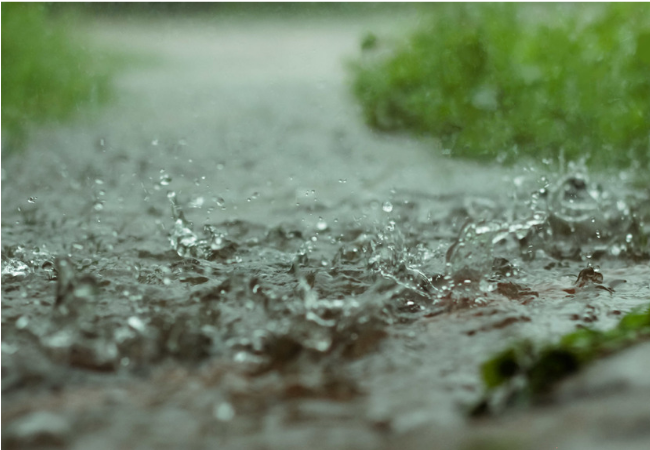
Sometimes, God happens in showers.
Papa once owned a house. At Angwa Rimi in Jos. When he and his friends spoke of houses the same way women speak of pregnancies, his often sounded much like a stillbirth. The house collapsed, already roofed and plastered, after days of ceaseless showers. I never saw the house; neither did a lone picture of it revealed much detail, but its scanty description remained with papa: a three-bedroom flat with a study, a car park, a backyard for gardening. On the rare occasions he tried recounting the circumstances surrounding the collapse to sympathizers, he would pause in mid-sentences, muttering the word Gajilo, Gajilo, and his friends would say: “God knows best, Haruna. Take heart.” And then add, after a stabbing silence, “You lost a house, not a life.” The kind of words mothers say when consoling a woman who lost a child at birth.
When God created death, He created grief. When He created pain, He created pacifier. The liberty to choose with whom we share our pain.
Every member of my family, except me, belonged to a muted group that carried the story of our building collapse like a cup of bubbling hot water, filled to the brim. God must have warned that anyone outside this group and everyone within it will be scalded if the content spilled. I was the last child, holding a yawning gap between his siblings, and by implication, the last to get the story of a promiscuous family member, the detail of a family misfortune. I once stumbled on the picture buried in one of mama’s rusted metallic box where she kept our credentials. In it, papa stood inside what would have been the parlor, gesturing towards a man nailing the roof. The right side of the picture had molded with moist that mostly hung in the air in Jos.
In the years when my childhood denied me access to the story of how and why the building caved-in, I would fill the void with my imagination. Of our landlady who might have had a fight with mama over compound-cleaning and out of anger had fired our house by rain and thunder. Of my grandmother who might have hated mama so much for abandoning her in the village that she cursed the building. These were versions of the story that rang true, that elicited empathy.
***
In September of 2001 God came down in raging, tatters of fire. And this slipped Jos, a town heavily slit along religious lines, into sectarian crises that sent houses to the sky in whips of thick, black smoke. The rumors were as rife as the fire. Papa got calls. From friends and families who said, “Haruna be grateful to ‘your’ God and to Gajilo. You won’t believe that Angwa Rimi, your former area, has become a smoldering ruin. Had you moved into the house before the crises, you all would have been coal-black burned with the building.”
After the government had relaxed the curfew and the smoke had settled into soft tufts clouds, papa and his friends organized religious purveyors from NASFAT who prayed for God’s continued protection over their families.
God happens meticulously, sometimes.
Mama, however, constantly chronicled with a careless measure of joy how careful God had been in saving our lives. Two years before the crises, my sister wedded. The wedding had come a year after papa lost his job. Otherwise, he had had the plans to begin rebuilding the house. But my sister’s wedding and papa’s lack of job had prompted him to sell the land and use part of the money for the ceremony. Mama’s gratitude came pouring even though my siblings rationed shoes; even though she groaned whenever the landlord came for her rent, even though we sometimes went days without electricity while our next door neighbors’ bulbs glowed sparkling white at nights.
***
Some griefs tongue-tie us, some loosen our tongue. Even God who created death sometimes shares our grief. So He knows when to send us the grief that would scald us.
When my family spoke of his death, it hit me with the same magnitude of an obituary heard on the radio. You don’t know the person, yet you marvel at the callousness of death. Then they revealed him in bits perhaps because his killers had dismembered his body. Gajilo is dead, they said. The crises took papa’s former best friend. Papa had held him so close to his heart that he handed the building contract to him while he was far-flung in Maiduguri, working for P&G. The building materials, from blocks to cement, were of low qualities. He hired unprofessional builders he underpaid. They prayed for the repose of his soul.
On the day of his wake keep, an unseasonably rainy evening in Jos, papa came back home drenched and while I heat water for his moringa tea, he buried his head in his palms and his shoulders heaved like they had lives of their own. I imagined him crying. But I couldn’t imagine if it was for a house he almost had, and then lost. Or for a friend he once had and long lost. Either way, I only stood and watched him burn in his own tears.
About the Writer:
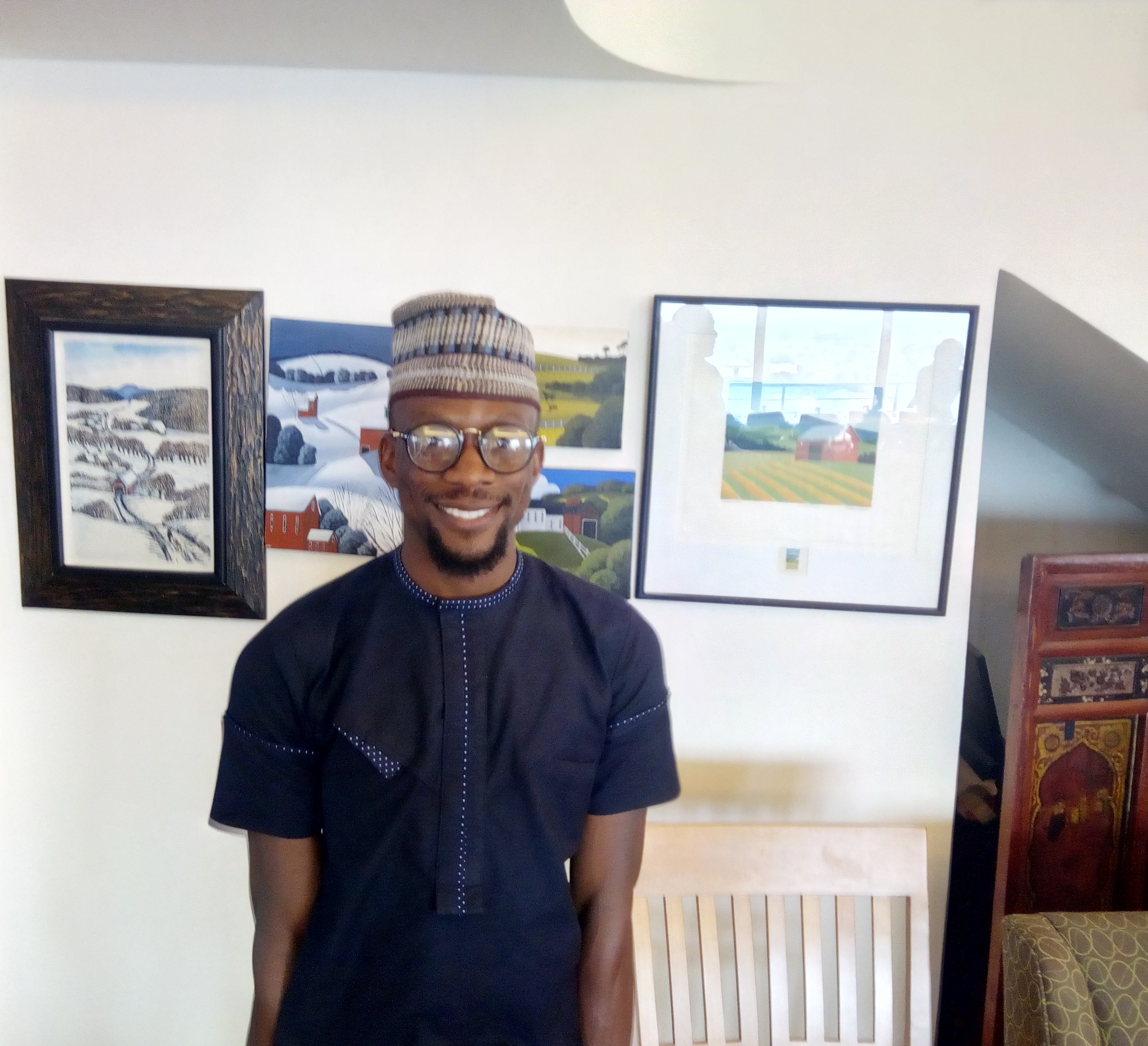 Olajide is currently a teaching fellow in an underserved public school.
Olajide is currently a teaching fellow in an underserved public school.


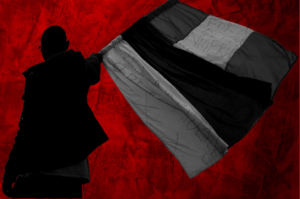
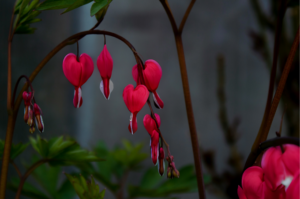
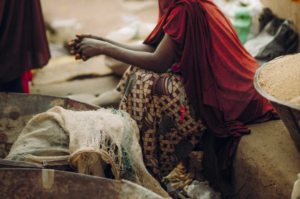

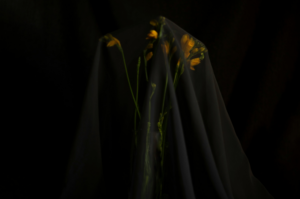
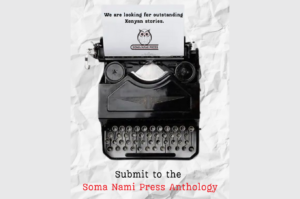

Ghodween April 27, 2019 04:45
Loved every bit of this. At some point it seemed too real to be fiction though. Maybe it's just me...